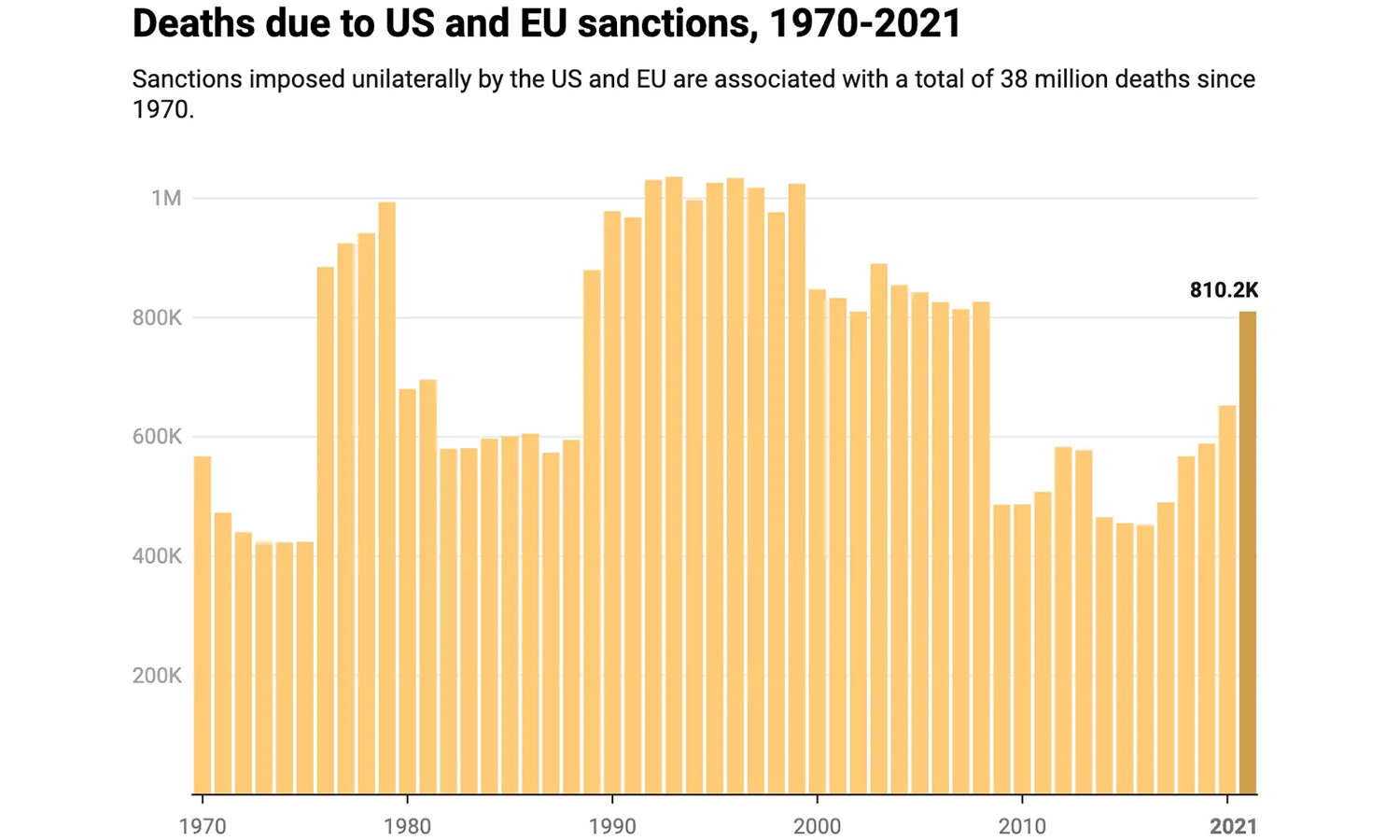The following text is taken from a video produced by Social Rights Ireland (see above). It was written in response to an interview conducted with Professor Feely by the University Observer.
*****
When University College Dublin president Orla Feely speaks after breaking her long silence on Gaza, following the ‘Break the Academic Chains of Zionism’ encampment at UCD, she represents everything the modern university celebrates: composure, intelligence, balance and success.
She is a scientist turned executive, the first woman to lead University College Dublin, the daughter of a Dublin city manager – a symbol of progress in a system that claims to reward talent and merit.
But what does that success actually mean, and what does it cost?
Because Feely’s rise is not the triumph of humanity; it’s the triumph of a system that measures progress by compliance. A system that teaches us to mistake order for virtue, professionalism for morality, and silence for wisdom.
She speaks about “dialogue”, “respect” and “balance”, the language of the neoliberal conscience. It’s polite, calm, managerial. But it’s the same tone you hear in every boardroom when people justify exploitation in the name of ‘stability’.
Under Feely’s leadership, UCD is described not as a public institution but as a “billion-euro organisation”.
Education, under this logic, isn’t a right or a shared human project. It’s an industry.
Students become customers. Academics become service providers.
And the university becomes a corporate brand – one that sells the illusion of enlightenment while reproducing the very inequalities it claims to study.
Feely says protest is welcome, but only when it’s “peaceful” and “respectful”. What that means is simple: protest is allowed only when it doesn’t challenge power.
Resistance is welcome, so long as it looks tidy on camera.
This is the ideology of corporate civility: protest repackaged as public relations.
And when Feely draws the line between “students” and “outsiders”, she reveals the real class politics of the modern university. That boundary isn’t about security, it’s about ownership.
It tells workers, parents, the unemployed and the dispossessed that the university is not theirs; that it belongs to those who can pay, to those who fit, to those who stay quiet.
It’s the same logic that fences off education from the working class; that calls knowledge a commodity and solidarity a disruption.
The irony is brutal:
- A university that produces research on hunger and climate change in Africa, while students at home skip meals to pay rent.
- A science faculty that studies sustainability while its own campus workers live in precarity.
- A “world-class” institution that trains students to ‘solve’ global problems but forbids them to confront the fascist regime of zionism on their own campus.
This designed ignorance cultivates blindness that rewards those who look away from injustice; that trains a generation to obey, to adjust, to endure.
Resilience, not resistance is the mantra.
It’s how obedience becomes normal, and how tolerance for cruelty becomes the mark of professionalism.
Feely’s success, and the celebration of it, shows us what the corporate university now values:
- A calm voice in times of moral crisis.
- A steady hand on the wheel of a sinking ship.
- A willingness to govern without ever questioning what the institution serves.
But a university that defines itself by balance, order and civility will always side with power, because power depends on balance that never tips.
When universities become billion-euro businesses, when research is dictated by zionist partnership, when protest is sanitised and students are priced out of student housing, the university stops being a place of learning. It becomes a mirror of the very system it should challenge.
And so, yes Orla Feely is a success. But her success is the failure of humanity.
It is the victory of the institution over the individual, of management over meaning, of order over justice.
Because humanity’s progress isn’t measured by who climbs the ladder, but by whether the ladder itself still stands on the backs of others.
A humane university would not polish its image with the language of equality while sustaining a structure of exploitation. It would not turn hunger into research data or protest into a branding opportunity.
It would remember that knowledge, at its root, is a collective act – born of struggle, curiosity and freedom.
Until we reclaim that, until education once again serves human liberation instead of corporate order, the success of people like Orla Feely will remain what it truly is: the measured, managed, respectable face of a civilisation that has forgotten what it means to be human.














